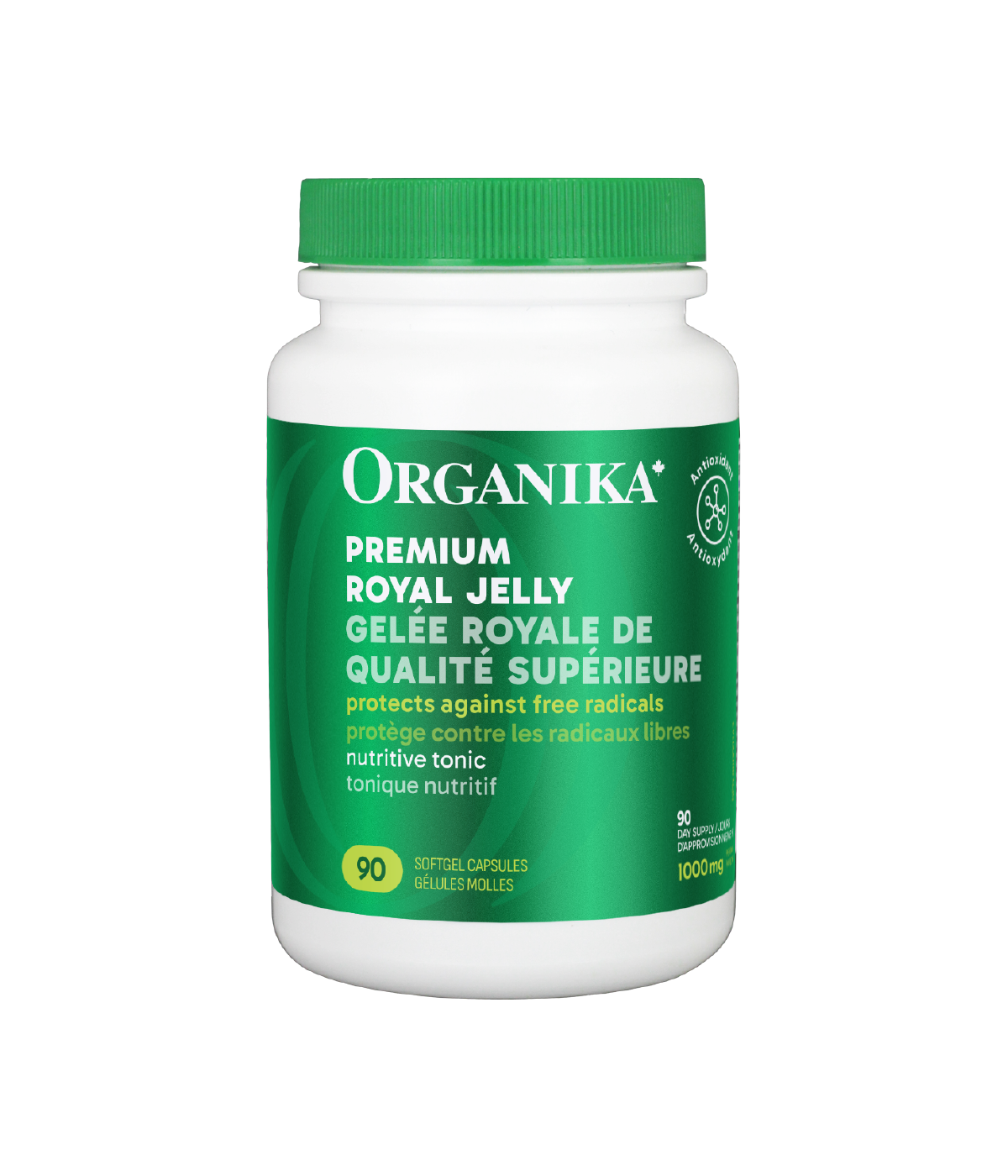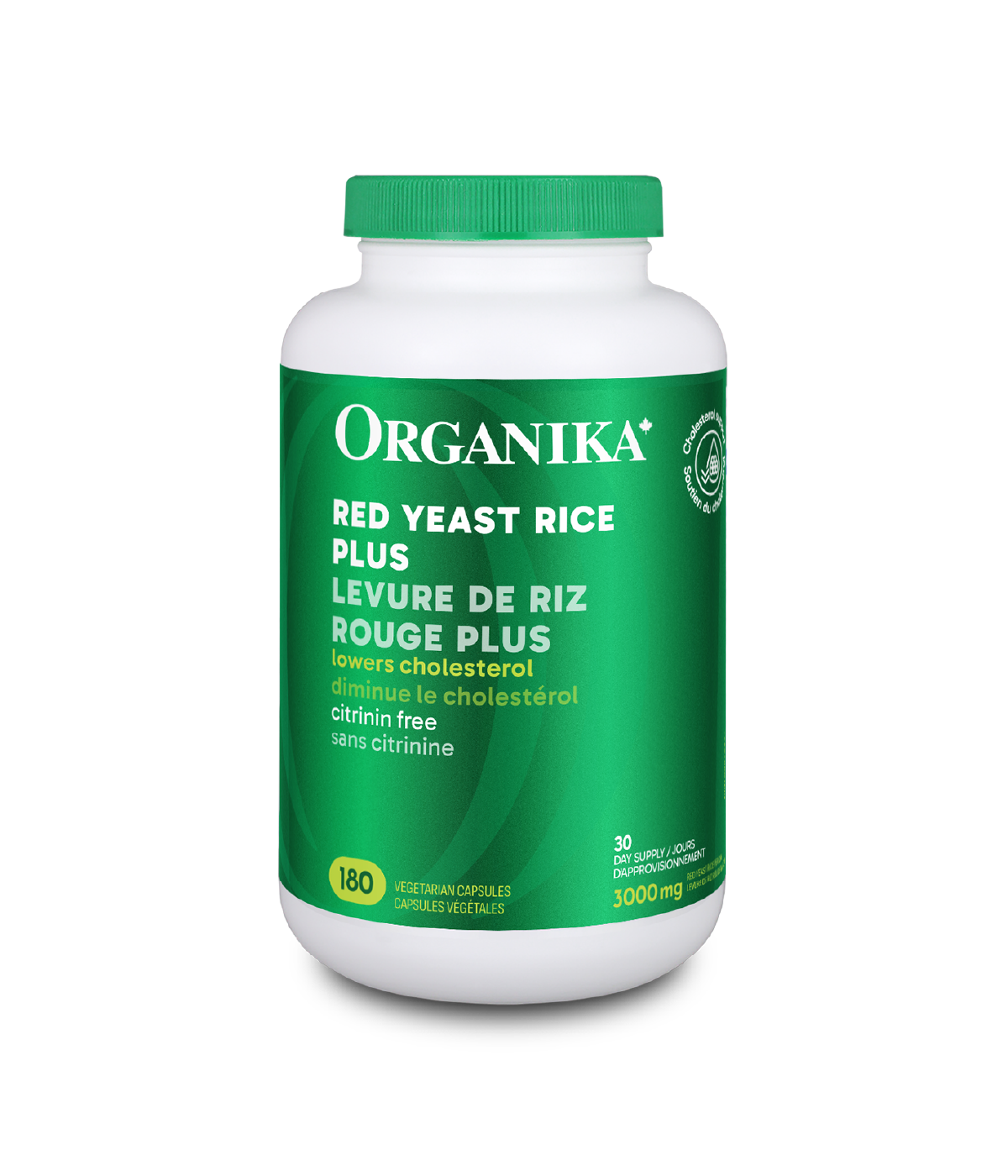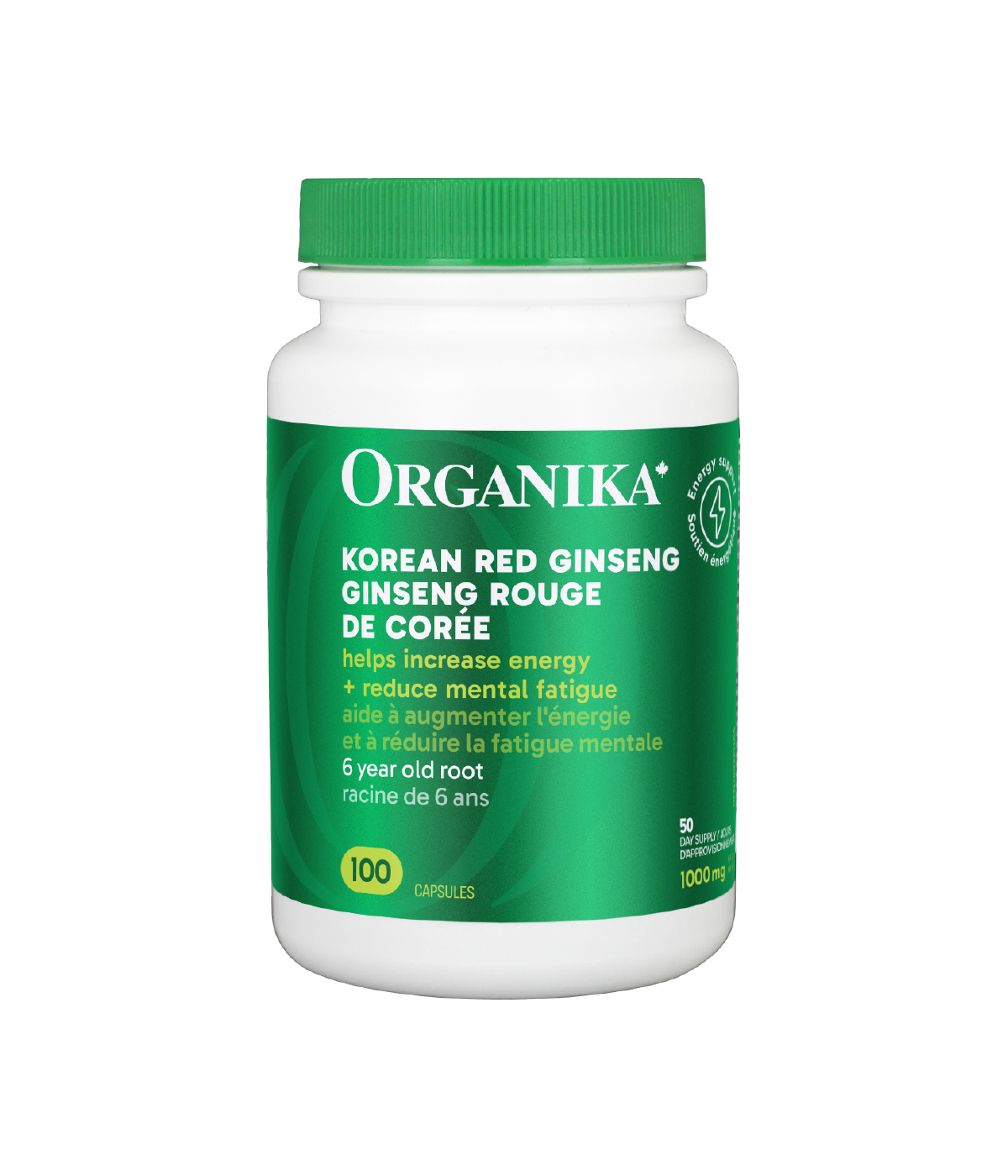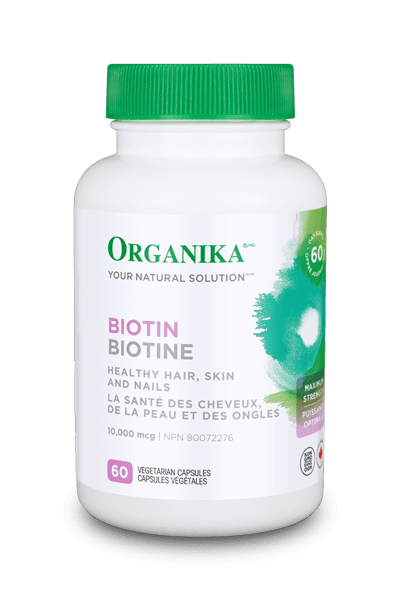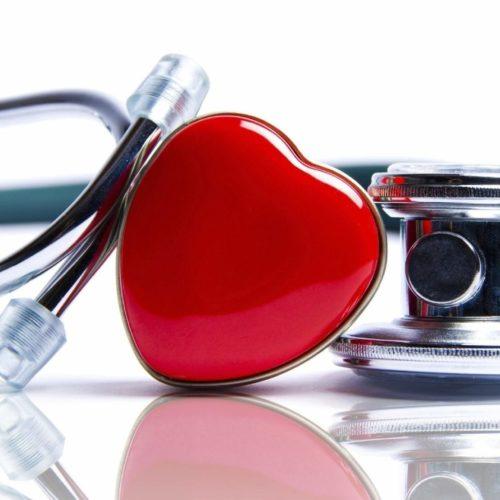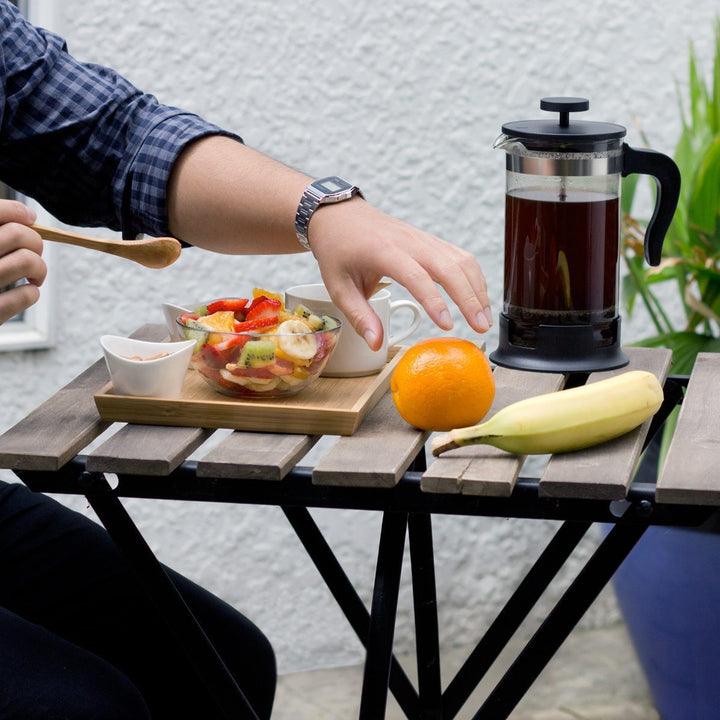Supplement Facts
A comprehensive formula that targets cholesterol from the gut to the liver, helping you manage LDL levels naturally
Ask Away
We’ve got the FAQs covered. But if you’re still stuck, we’re only a message away.
Get in TouchIs this product gluten-free?
It is not certified as gluten-free. Organika's Cholesterol contains oats, and while oats don't technically contain gluten, they are often cross-contaminated through crop rotation and processing. It is a wheat-free product though.
Where can I get more plant sterols in my diet?
Phytosterols, as a fat-based molecule, are found in the fats of plants. This is often in seeds, grains, or legumes, like coconut, corn, olives, peanut, canola, soy and sunflower seeds and their extracted oils. Plant sterols do not interfere with statin drugs, and instead can complement their efficacy.
What is a phytonutrient?
These are chemicals naturally produced in plants, which function as their defence system. A plant can't run away from a pest or drought, so under stress, these phytochemicals are produced as part of its immune system to get it through the crisis. We can benefit from these nutrients by eating more plants. As all the colours found in our produce have a different set of these phytonutrients, eating a rainbow on a regular basis allows us to benefit from these plant-produced superpowers.
Are there any safety concerns I should know if taking this product?
As monacolin K from red yeast rice works the same way as statin drugs, please be mindful of potential side effects, the same you may find with the prescription drug. Don't take red yeast rice if you are taking a statin prescription drug. For both of these options, coenzyme Q10 levels decrease faster than normal in the body. Consider taking a coenzyme Q10 supplement when taking red yeast rice to replenish coenzyme Q10 levels.
Are there other ways I can lower my LDL or total cholesterol levels?
Yes, there are many lifestyle choices that can be adjusted to help with not-ideal cholesterol levels. Cholesterol plays a very important role in many of your hormones and all your cell membranes, so you definitely don't want to think of it all as bad. LDL levels increase when you need more cholesterol to fix damage, like with free radical damage in the arteries or to protect cells from excess dehydration. Decreasing choices like smoking, drinking alcohol, and eating sugar, refined carbohydrates and processed foods decrease free radical damage. Increasing your intake of antioxidant-rich fruits, vegetables and spices help to combat these free radicals. Ensuring ample clean water daily, and not overdoing dehydrating beverages like coffee, tea and alcohol can also help with cell hydration and a decreased need for LDL cholesterol.
Another piece to take into consideration is your bowel health. Excess cholesterol is released with bile from your gallbladder when you eat foods containing fats. If you are constipated or your liver/gallbladder system is not functioning properly, cholesterol may be building up in your system instead of being properly eliminated. Another reason to adjust your diet away from processed foods and towards a more whole foods, plant-heavy plan.





























